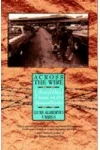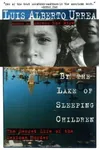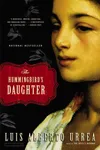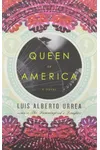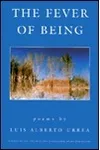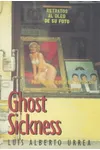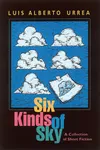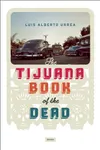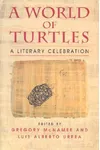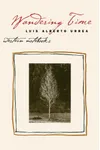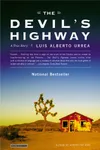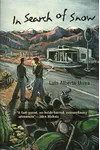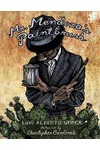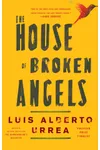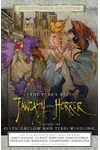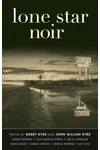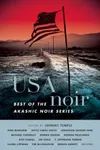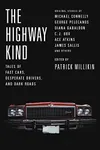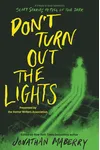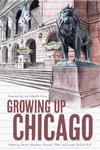Picture a storyteller who weaves the vibrant threads of Mexican-American life into tales that sing with heart and soul—meet Luis Alberto Urrea! Born in Tijuana in 1955 to a Mexican father and an American mother, Urrea has become a literary bridge, connecting cultures through his lyrical prose. His works, spanning fiction, non-fiction, and poetry, explore the borderlands—both literal and metaphorical—with compassion and wit, earning him a place as one of America’s most celebrated voices.
With a knack for blending magical realism with gritty reality, Urrea’s stories capture the triumphs and struggles of the immigrant experience. Whether you’re new to his work or a longtime fan, his vivid narratives invite you to see the world through a lens of love, loss, and resilience. Let’s dive into the life and legacy of this literary badass, as NPR once called him!
The Making of Luis Alberto Urrea
Luis Alberto Urrea’s story begins in Tijuana, where he was born to a Mexican father, Alberto Urrea Murray, and an American mother, Phyllis Dashiell. A childhood bout with tuberculosis prompted the family to move to San Diego, settling in the vibrant Logan Heights barrio before relocating to Clairemont. Encouraged by his mother to pursue education, Urrea earned a writing degree from the University of California, San Diego in 1977, later studying at the University of Colorado at Boulder. His early career was eclectic—working as a relief worker in Tijuana, a teacher’s aide, and even a film extra—each experience fueling his storytelling. The tragic murder of his father in 1977, while seeking funds for Urrea’s education, sparked his first published essay in 1980, marking the start of his literary journey.
Luis Alberto Urrea’s Unforgettable Stories
Urrea’s bibliography is a treasure trove of 19 books, each showcasing his ability to blend poetic lyricism with raw human truths. His 2004 non-fiction work, The Devil’s Highway, a Pulitzer Prize finalist, chronicles the harrowing journey of Mexican immigrants lost in the Arizona desert, earning acclaim for its unflinching yet compassionate lens. The Hummingbird’s Daughter (2005), a historical novel 20 years in the making, tells the story of his great-aunt Teresita Urrea, the “Saint of Cabora,” weaving magical realism with meticulous research. Its sequel, Queen of America, follows Teresita’s exile, balancing mysticism with mortal struggles.
Into the Beautiful North (2009) offers a lighter, adventurous tale of a young woman, Nayeli, recruiting her own “Siete Magníficos” to save her Mexican village, earning it a National Endowment for the Arts Big Read selection. The House of Broken Angels (2018), inspired by his brother’s death, celebrates a Mexican-American family’s bittersweet farewell, resonating with readers for its humor and heart. Urrea’s style—described as “cinematic and charged” by the Cleveland Plain Dealer—merges colloquial voices with profound insights, making his stories both accessible and deeply moving.
Why Luis Alberto Urrea Matters
Urrea’s work transcends the label of “border writer,” as he prefers to be seen as a builder of bridges. His narratives humanize the immigrant experience, challenging stereotypes and fostering empathy in a polarized world. A 2005 Pulitzer Prize finalist, Guggenheim Fellow, and member of the Latino Literature Hall of Fame, Urrea has inspired countless readers and writers to embrace their dual identities. His books, chosen by over 100 cities and colleges for community reads, spark conversations about culture, belonging, and resilience. Urrea’s legacy lies in his ability to make the personal political, turning individual stories into universal truths.
- Born: August 20, 1955, Tijuana, Mexico
- Key Works: The Devil’s Highway, The Hummingbird’s Daughter, Into the Beautiful North, The House of Broken Angels
- Awards: Pulitzer Prize finalist (2005), Lannan Literary Award, Edgar Award, American Book Award
Ready to dive into Luis Alberto Urrea’s world? Snag The Hummingbird’s Daughter and lose yourself in his magical, soul-stirring prose!
